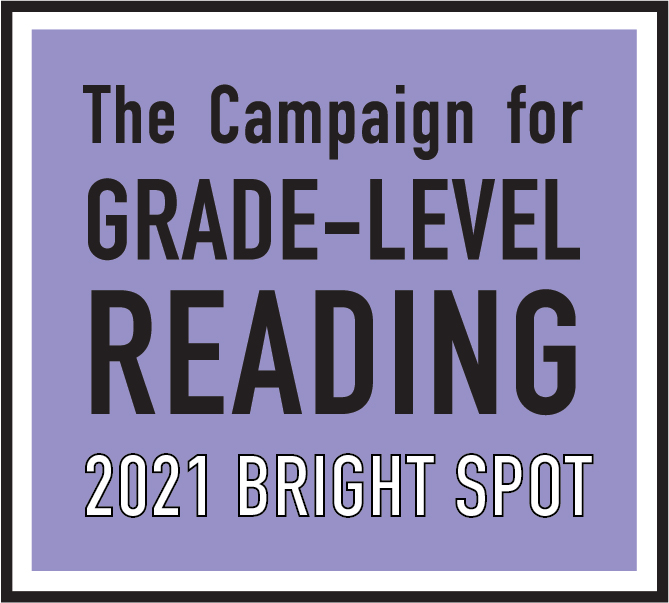For many children reading does not come easily.
There are a wide range of reasons for a child being a reluctant reader. Some children just don’t find it enjoyable, others struggle with connecting letters and their corresponding sounds and don’t have the confidence to read alone or aloud. Some children may simply need to be coaxed into reading.
Below are some helpful tips on how to get your child to become a motivated reader.
Acknowledge feelings of resistance
Why does the child dislike reading?
Usually the reason behind the unwillingness to read is due to weak reading skills and the child feeling inadequate. The child doubts their ability and then has no motivation to read.
There may be other reasons as to why the child is unwilling to read. The child may not find the story engaging. Find out the cause and encourage the child, tell them that they can learn to read and that there is no reason to doubt their ability.
Shared reading
Introduce the story by discussing the book title, the illustrations and the author. Get the child involved by asking them what they think the story might be about. Shared reading can involve taking turns reading pages, then discussing the illustrations or reading sections of the book and discussing what they think may happen next.
Read and reread
Children often like to read the same book over and over again. This is a good thing! Children can learn through repetition. Children can learn the text, become more fluent with words and will eventually read it with confidence. A more positive experience will encourage the child to try other books.
Read aloud
Reading to a child aloud helps with promoting literacy skills. Reading to your child will help them become familiar with words and their sounds.
When struggling readers read aloud they can monitor themselves and can determine if they are reading the words correctly and if it makes sense. Reading aloud will strengthen comprehension, enhance fluency, increase vocabulary, concentration memory, curiosity and build confidence.
Be consistent with reading routines
Routine is important. Children feel secure and comfortable when they know what’s coming next. Establish a routine time to read, make the time fun and enjoyable so the child looks forward to reading.
Let them choose their own books
Having to read a set book can seem like a chore. Allow the child to choose their own reading material whether it be a book of their choice or a magazine, comic or e-reader. When you give a child the choice to read what they find pleasurable they will be more likely to want to read again. A choice allows children to be enthusiastic about what they are reading, and in turn they will be engaged.
Let them read other material
Children don’t have to read just books. Let them choose a magazine, a comic book, flash cards, an e-book or informative websites. Obviously check to see that the content is age appropriate. E-books don’t have to just be on a kindle or an iPad. There are plenty of educational websites out there that have e- books available.
Create a comfortable environment
Who wants to sit at a desk and read! Let the child choose a comfortable reading space. Use pillows, bean bags and other comfy items. Create a quiet space for reading time.
Introduce small goals
Introducing goals can be a great way to monitor a child’s progress. It’s also beneficial to the child as they will feel a sense of accomplishment when they reach their set goals. Talk to the child and ask them where they would like to improve. Discuss strategies to help improve their reading and set goals together. Write these goals down or create a chart or graph and mark off or put a sticker against each goal once it has been reached.
Offer reading rewards
Reading rewards let you set up fun incentives to motivate children. Even though to teachers and parents learning to read is a big reward in its self, children may not see it that way. Small incentives will help make the process of learning to read more enjoyable and may encourage the child to work harder and be more motivated. Effective incentives should involve recognition for the progress they have made. Reward them with special trophies or personalized badges or awards.
Reading related rewards are also an option. Give the child the option of choosing a new book or a book voucher or reading flash cards.
Small prizes such as pens, pencils, colouring books and small toys are suitable. Another option is special privileges - online time, gaming time, a special food related treat. There are plenty of options for reward systems. Choose what is best suited to the child’s like or needs.



